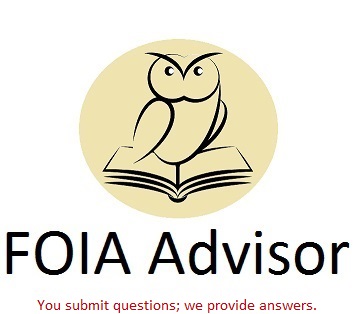Hardway v. CIA (D.D.C.) -- ruling that: (1) CIA performed adequate search for only one of four categories of records concerning plaintiffs, who participated in congressional investigations of assassinations of President Kennedy and Martin Luther King; and (2) CIA properly invoked Exemption 3 , in conjunction with 50 15 U.S.C. § 3507, to redact CIA employees’ names and signatures that appeared on the two non-disclosure agreements.
Summaries of all published opinions issued since April 2015 are available here.
